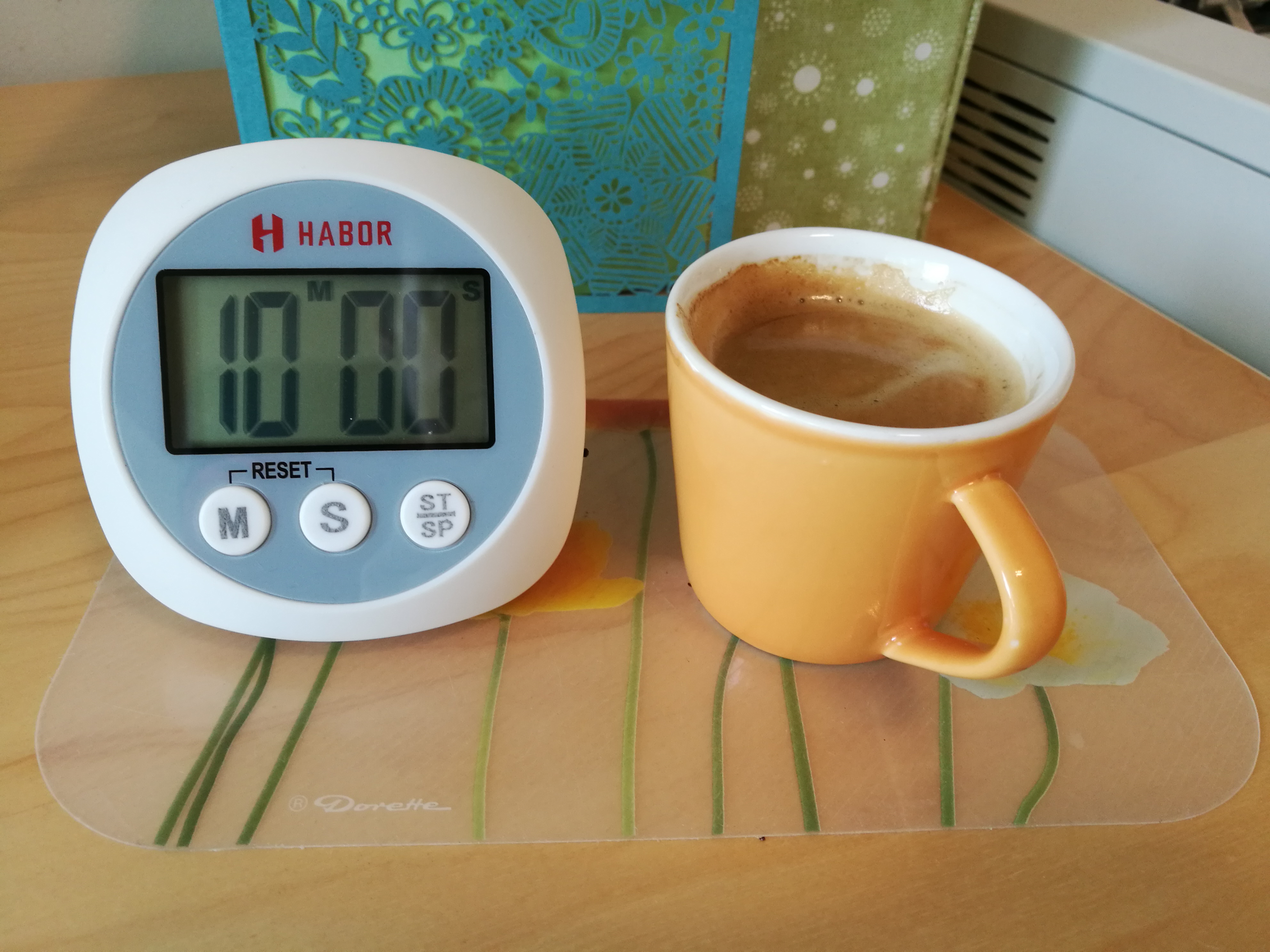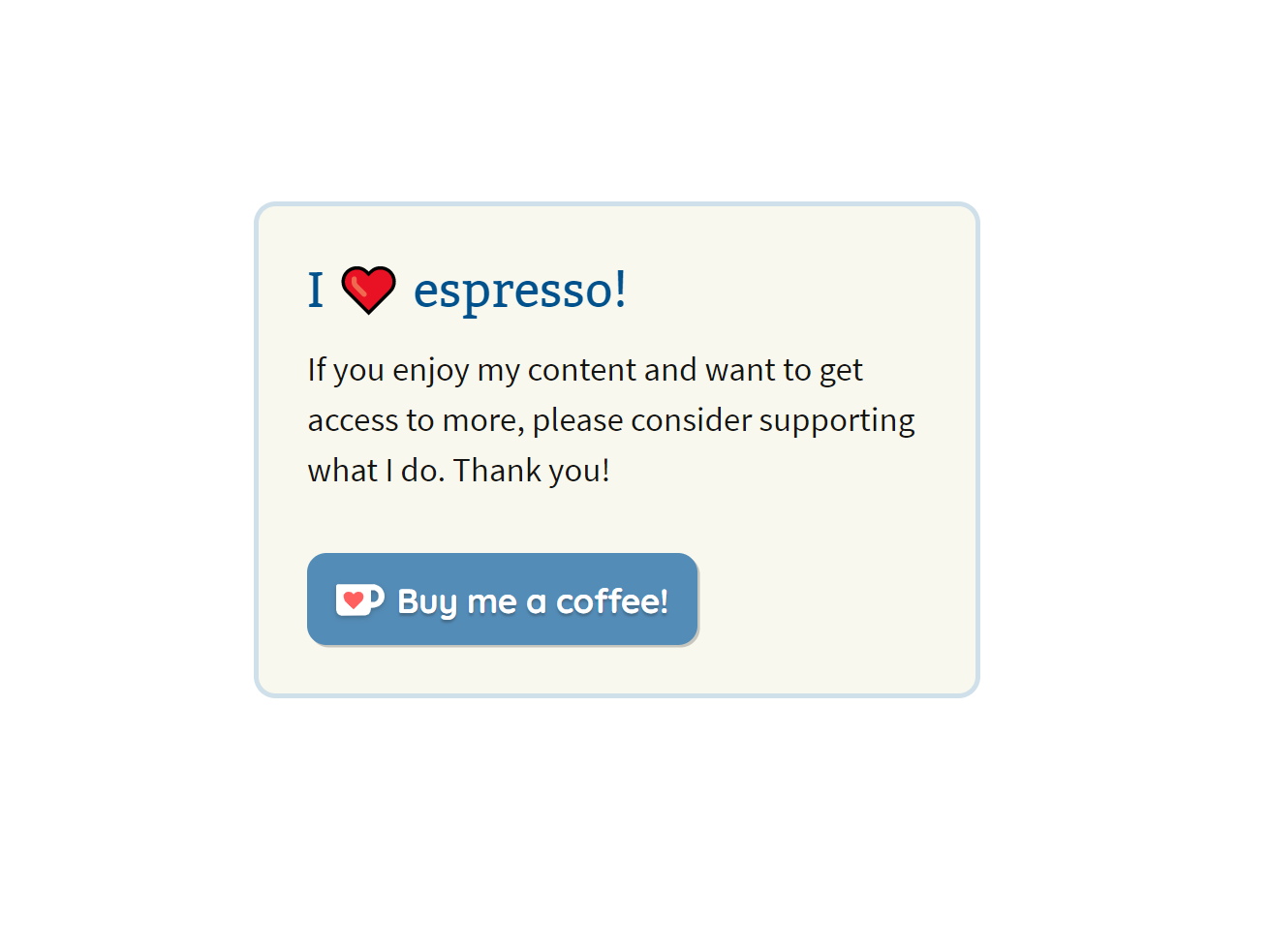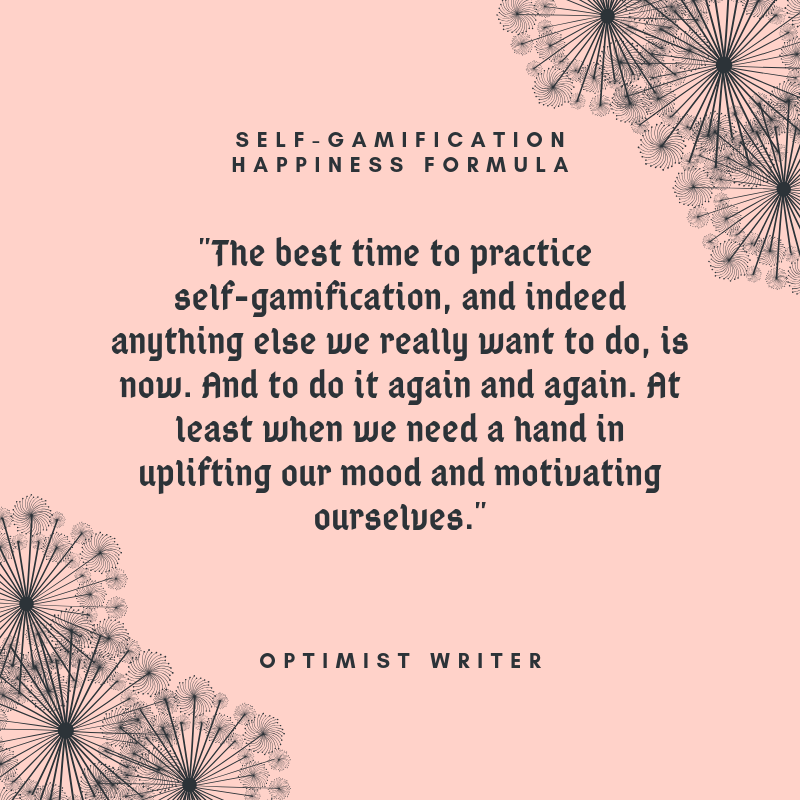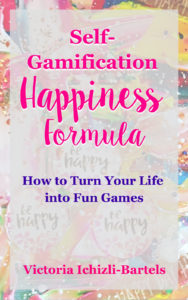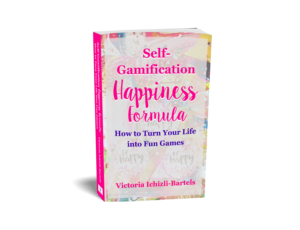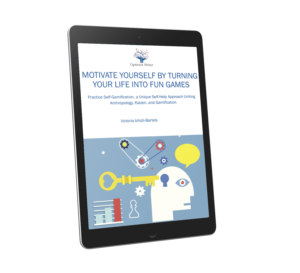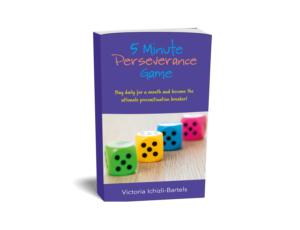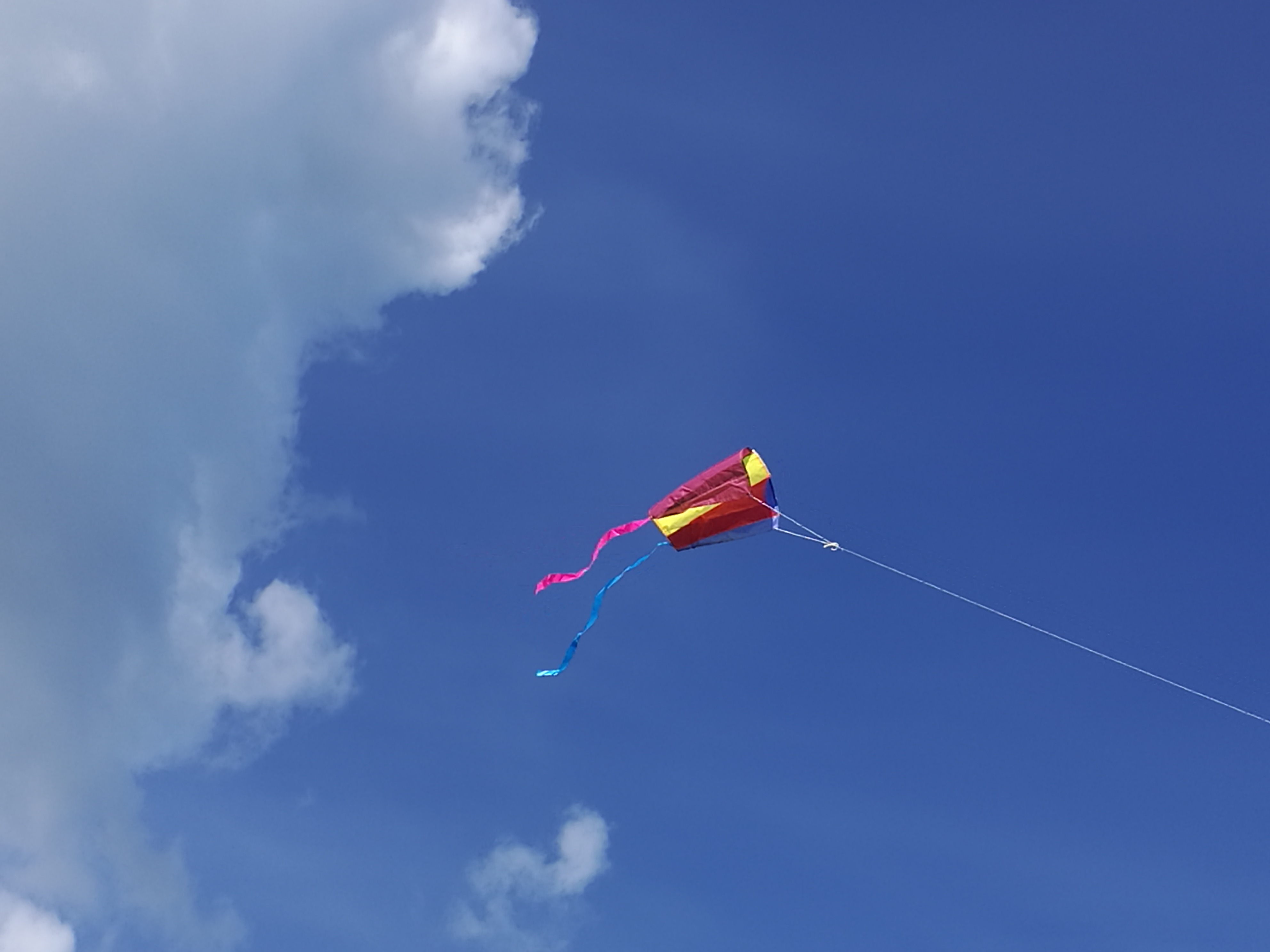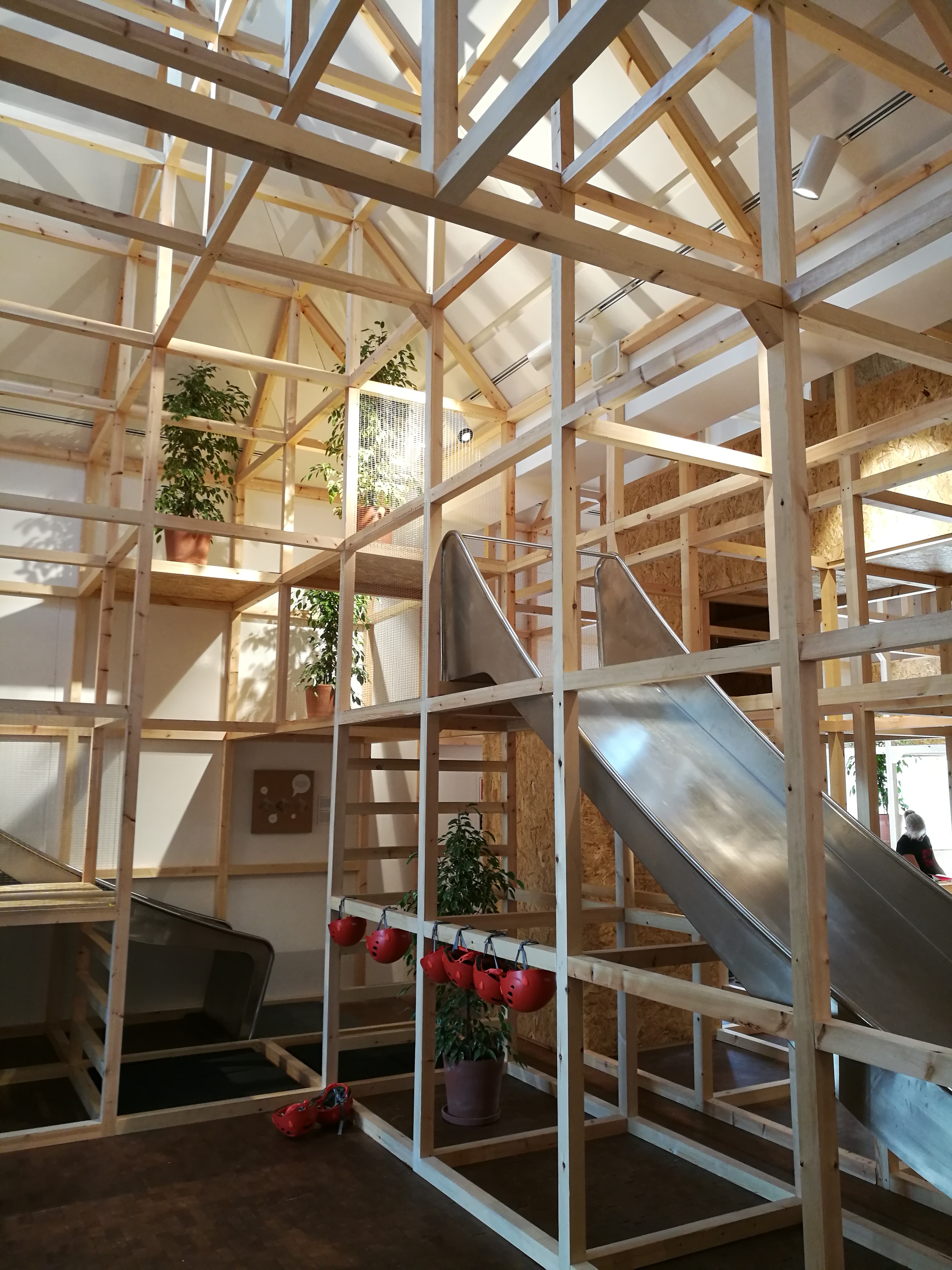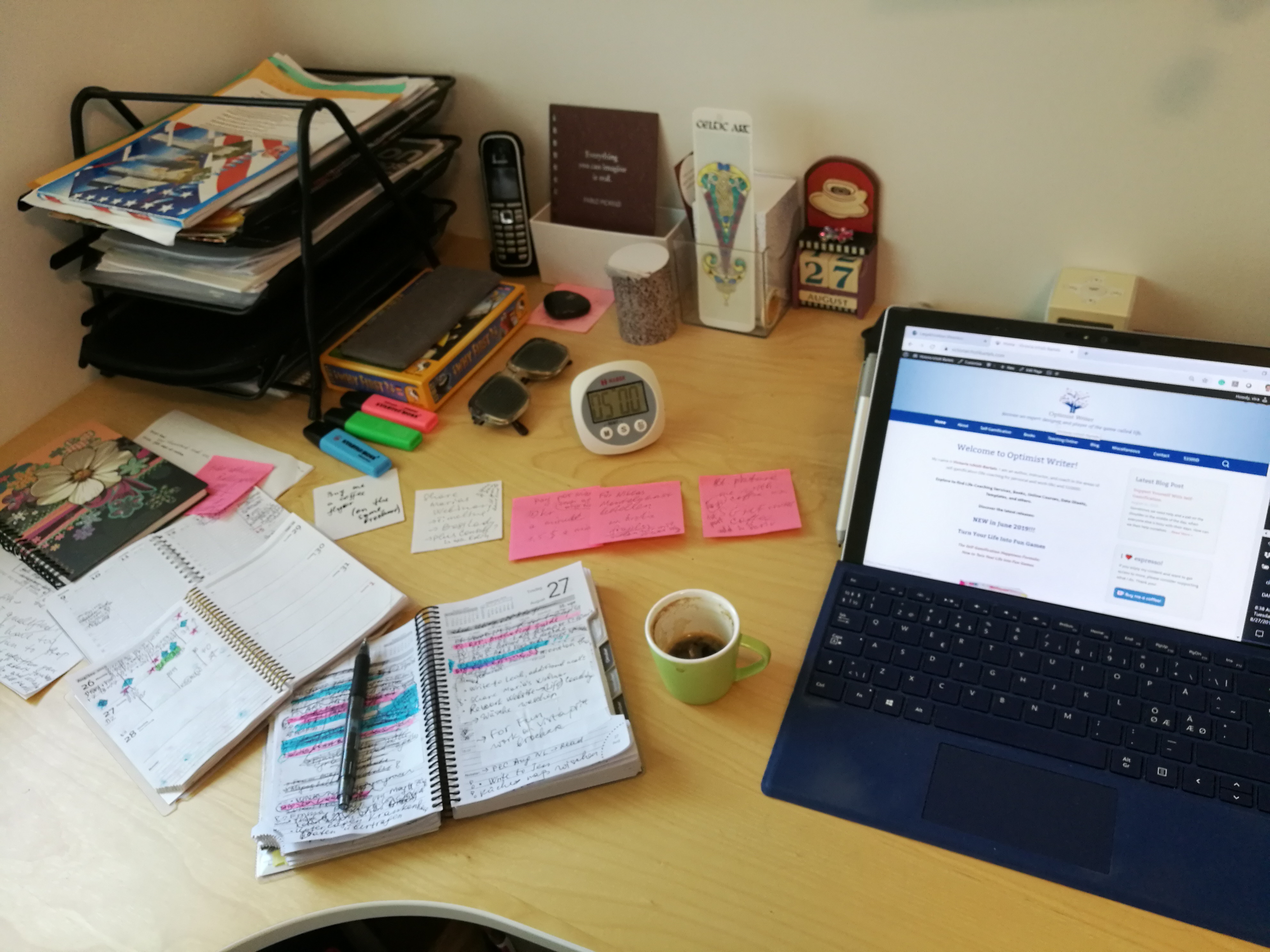
Reading time: 5 minutes
I turn all aspects of my life into games for several years now. The resonance and interest in what I do inspire me to create various types of content, which I created to share my experiences. The latest was the book Self-Gamification Happiness Formula: How to Turn Your Life into Fun Games.
I am thrilled about the positive feedback and interest to the book and the Self-Gamification approach.
Many of my readers are project managers
In my interaction with my readers, I realized that many of them are entrepreneurs or persons in management positions. So, their questions were centered often around turning project management into games. Also, besides work, many questions were about how to handle what we want or need to do balancing it with enough time for our loved ones, our friends, and ourselves.
While answering questions, I shared my process of turning various parts of my life and how I finally turned my whole life into games. I also shared my self-motivational game designs. When looking closer at my latest gamified design that I call the Balance Game, it becomes clear that it is the design of a “project management game,” embracing both my work and personal life.
The interest in Self-Gamification Happiness Formula resulted in several requests for me to lead seminars and make presentations on Self-Gamification. Also, these requests seemed to come down to this one question: how to make juggling all the responsibilities that we have, not only functioning well but also enjoyable? This last possibility which I show in my approach to turning our lives into games was one of the main pulling forces to what I had to say.
Searching for resources on the Gameful Project Management
Since I am not the first to talk about making our own lives gameful or playful, I expected to find many resources on this topic. But surprisingly when I searched for the words “gameful project management” on Amazon, I got the following reply: “Use fewer keywords or try these instead -> No results for gameful project management.”
A bit further down below this statement, there were a few suggestions for books on how to manage game or gaming projects. That is an entirely different topic altogether, but I downloaded a sample of some of them anyway. I am sure I will learn something new, exciting, and valuable there.
So I typed “playful project management” and got a few entries with books among many creatively designed monthly or weekly planners. The books are about how playful attitude can enrich the workplace and various activities in embraces, including project management. Thus I downloaded the samples of these books as well, and I will read them as I write this series (more on it further below).
But playful project management is not what I am looking for. Projects resemble more games than play. They are structured very much as games, containing goals, rules, reporting/feedback system. And their documentation, and especially the contracts, often contain signatures of all parties involved sealing their voluntary participation. This voluntary participation confirms their will to be part of this “project game,” as well as their right to step out of the project (leave the game).
When I turned to the internet and started the same search, I found a few articles addressing gamification of business processes and many tools to facilitate project management. But again, I couldn’t find anything explicitly discussing how gameful approach can enrich and facilitate project management.
But I believe it can.
I am aware that many consider project management activities tedious, time-consuming, at times expensive, and annoying, even if necessary. I did that, until — while adjusting my self-gamification game designs for the next round — I realized that these plans were nothing else than my project management plans. Without me intending it, project and time management became effortless and fun.
After the research on Amazon and on the internet, I wanted to be sure that I didn’t miss anything in my research on gameful project management. So I went to Udemy.com, where you can find many great online courses both on project management and gamification. But again, there was nothing explicitly targeted to show how these two can work together and what else is needed to make project management gamification a success.
So all these are the reasons why I am starting a blog series on Gameful Project Management, which I will also release as a book and an online course.
What it is and is not about
Here are the tentative title and subtitle of this multi-dimensional project:
- Title: Gameful Project Management
- Sub-title: Low-Budget, Effortless, Enlightening, and Fun Optimization of All Facets of Your Project Management
I can imagine that the words “low-budget,” “effortless,” “enlightening,” and “fun” sound strange together, but this is precisely how the management of your projects and your time can become when you turn them into exciting games and treat yourself as if you were both the designer and the player of your project management games.
This blog series will not suggest that you buy a new software system or hire new personnel. Instead, it will concentrate on how you can improve your project management activities with what you already have at your disposal and with little additional effort. With self-gamified attitude toward project management, you will become aware of what you need for your work (and even life in general) and make conscious decisions on what to do next. You will also acquire skills of gameful resourcefulness and motivation in any of the situations, including tight deadlines when increased motivation is hard to achieve but often needed.
I will share with you how you can turn the project management into not only a productive activity but also into a fun one. By applying the ideas shared in this blog series, you will see a considerable improvement in project management efficiency without making significant investments into new technology or more personnel.
If you want to learn more
If you would like to learn more about Gameful Project Management, then I invite you to follow the articles in this series and for that to subscribe to the Optimist Writer’s Blog. You can sign up here.
If you would like to work closely with me and discover how you can optimize your project management practices gamefully (= in a light, creative, and inexpensive way) the check out my coaching and consulting services on Gameful Project Management here.
If you want to learn more about the approach that lies at the base of the gameful project management — self-gamification — then check out my book Self-Gamification Happiness Formula.
For the list of all resources, I offer on self-gamification go to this link.

